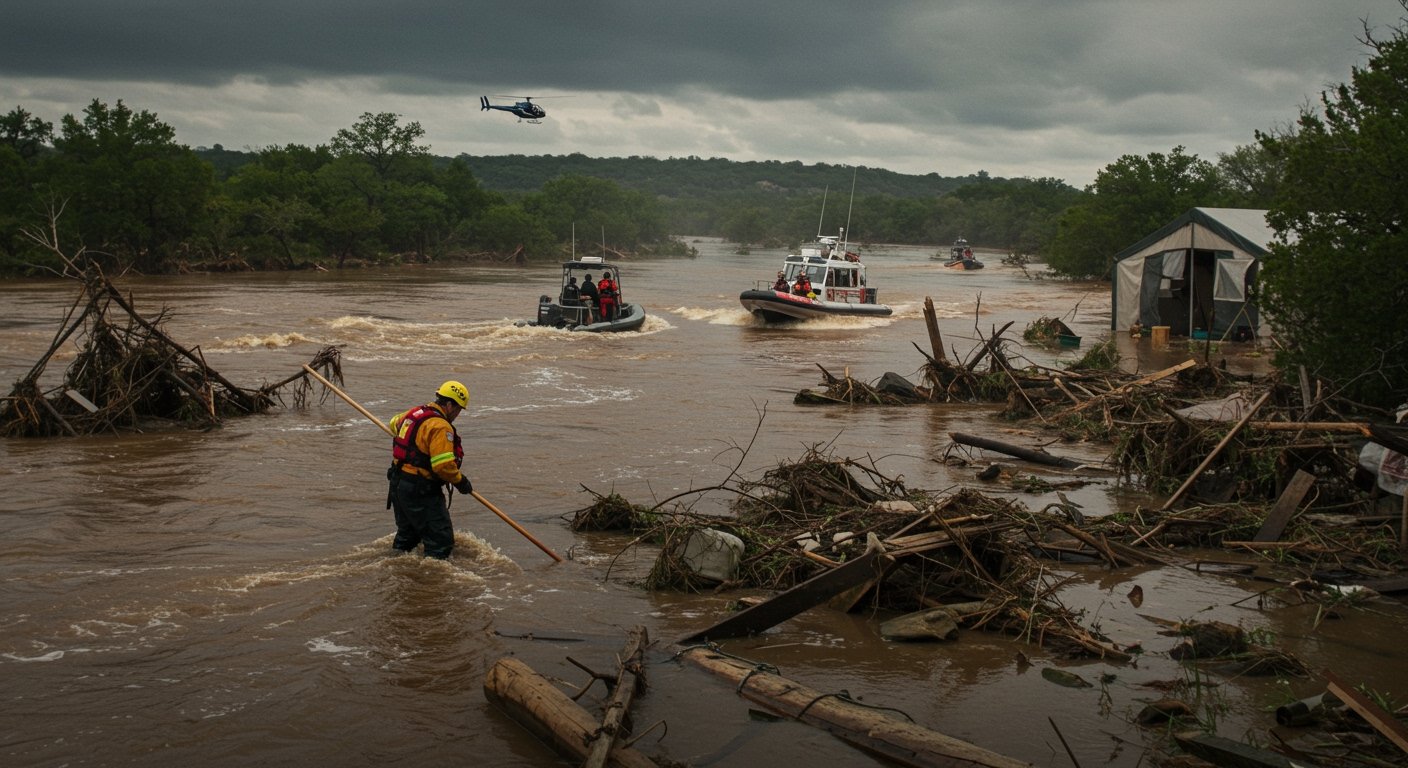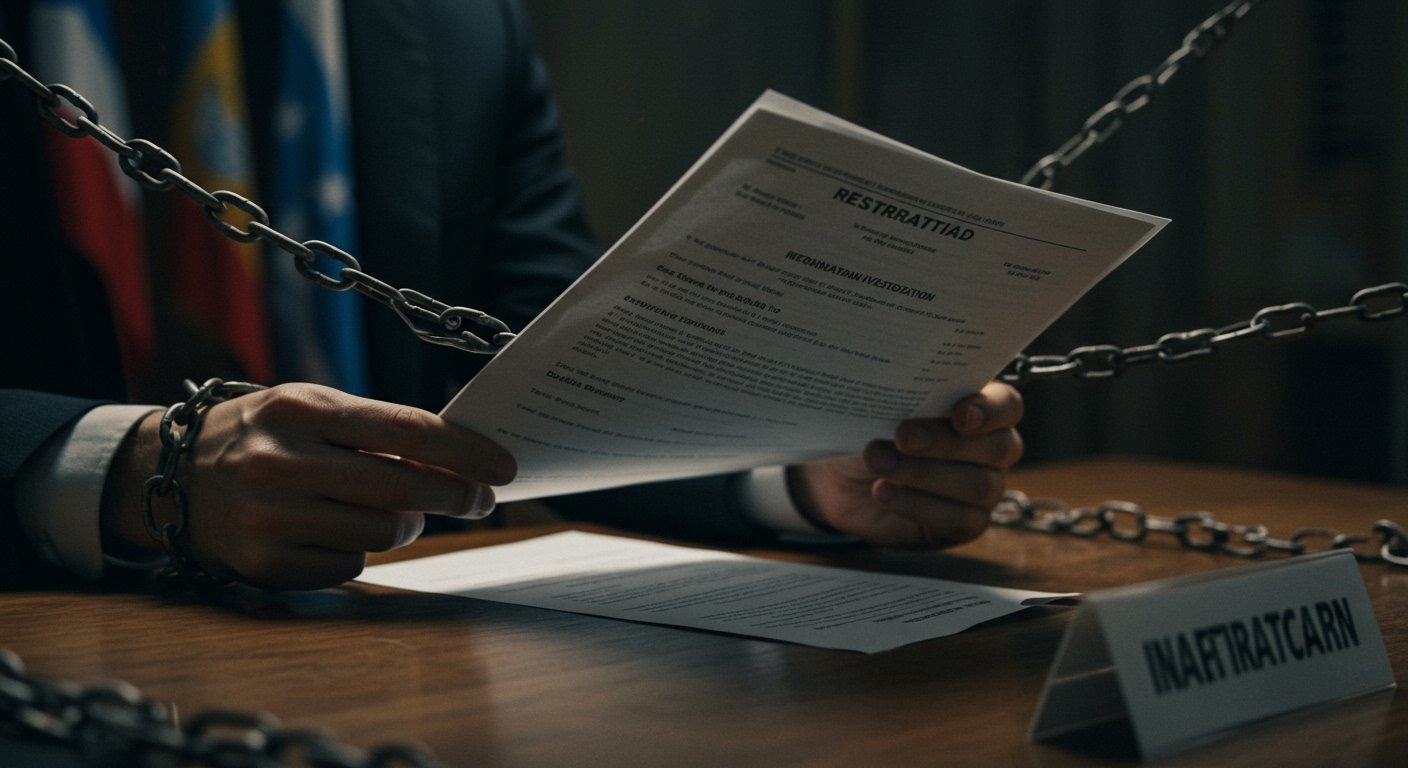Geneva – The World Health Organization (WHO) has taken a significant step towards bolstering global health security, voting in favor of a major new international treaty designed to enhance pandemic preparedness and ensure equitable access to vaccines worldwide. The decision comes at a critical time for the organization, which is simultaneously grappling with severe financial challenges.
A Landmark Vote for Global Preparedness
The approval of this new treaty, while not yet formally ratified as certain sections still require further agreement among member states, signals a collective international commitment to learning from the COVID-19 pandemic and establishing a more coordinated response framework for future health crises. Proponents argue the accord is essential for building resilient health systems and preventing the widespread disruption and loss of life seen during the last pandemic.
The treaty’s core aims include improving surveillance, facilitating the rapid sharing of pathogens and scientific information, and ensuring fair distribution of vaccines, treatments, and diagnostics, particularly to lower-income nations. The lengthy negotiation process highlights the complexities and differing national interests involved in establishing legally binding global health agreements.
Director-General Warns of Dire Financial Straits
Adding urgency to the global health landscape, WHO Director-General Tedros Adhanom Ghebreyesus has issued a stark warning regarding the organization’s financial health and the broader implications of reduced global funding for healthcare. According to Ghebreyesus, the WHO is currently facing a significant $600 million deficit in its annual budget. This shortfall jeopardizes the organization’s ability to effectively carry out its mandate, which includes supporting countries in strengthening their health systems, responding to outbreaks, and implementing public health programs.
Healthcare Access Crisis in Over 70 Nations
The consequences of these global funding reductions extend far beyond the WHO’s operational budget, impacting direct healthcare delivery in numerous countries. Director-General Ghebreyesus cautioned that diminished financial support is leading to people in more than 70 countries being deprived of necessary medical treatment. This crisis is manifesting in devastating ways on the ground, resulting in patients missing crucial treatments, healthcare facilities being forced to close down, dedicated health workers losing their jobs, and a troubling increase in out-of-pocket health expenses for individuals who can least afford them.
The situation underscores a paradox: as the world attempts to solidify structures for future pandemic preparedness through treaties, immediate, life-saving healthcare access for millions in vulnerable nations is deteriorating due to funding shortfalls. The deficit not only hampers the WHO’s operational capacity but also reflects a broader underinvestment in global health infrastructure that the new treaty aims to address in the long term.
United States Position and Global Dynamics
The international dynamic surrounding global health governance is further complicated by the position of key member states. Notably, the United States did not participate in the negotiations for this particular pandemic treaty. Furthermore, the U.S. is currently in the process of preparing to withdraw from the WHO, a move that could significantly alter the landscape of global health funding and cooperation. The absence of the U.S. from the treaty negotiations and its potential withdrawal from the organization raise questions about the future universality and effectiveness of global health initiatives.
Path to Ratification and Implementation
The approval of the treaty text marks a critical milestone, but it is not the final step. The fact that certain sections still require further agreement indicates that substantive details need to be ironed out before the accord can be formally ratified by member states. The ratification process itself in individual countries will likely involve domestic political considerations and legislative procedures, which could take considerable time.
Even upon formal ratification, the success of the treaty will ultimately depend on the commitment of nations to implement its provisions, share resources, and ensure that the principles of equitable access and preparedness are upheld. The current global funding crisis highlighted by the WHO Director-General presents a formidable challenge to the practical implementation and effectiveness of such an ambitious international agreement.
Conclusion: A Dual Challenge
The World Health Organization finds itself at a pivotal moment, simultaneously championing a transformative global agreement for pandemic preparedness and confronting an immediate, severe funding crisis that is directly impacting the lives and health of vulnerable populations in over 70 countries. The successful negotiation and ratification of the treaty, coupled with the urgent need to address the substantial budget deficit and its humanitarian consequences, represent the dual, interconnected challenges facing global health leaders today. The path forward requires sustained political will, increased financial commitment, and international solidarity to ensure both future global health security and present-day healthcare access for all.









